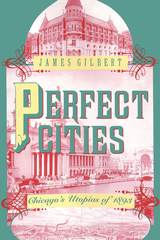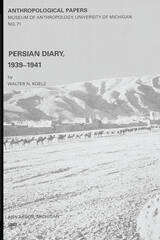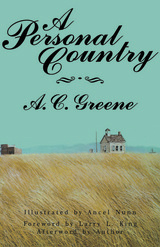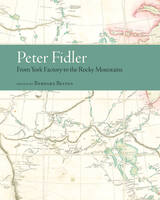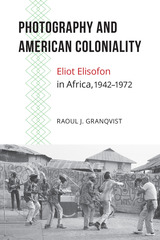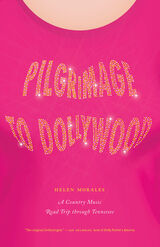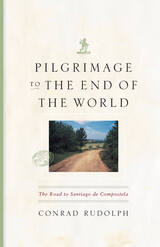eISBN: 978-0-674-30281-5 (ePub)
“I cannot imagine that anybody who cares for Herbert, or more generally for poetry, will fail to learn something from this book.”
—Frank Kermode, New York Times Book Review
A comprehensive reevaluation of the eminent metaphysical poet discovers the human passions warring with his saintly visions of divine harmony.
George Herbert’s admission to the canon of English poetry was hard won. Though acclaimed in his own time as an exemplar of pious conformity to Anglican orthodoxies, the distinctive personality and profound creativity of Herbert’s lyrics went largely unremarked. Even after he was rediscovered—first by Samuel Taylor Coleridge, later by T. S. Eliot—he was seen as exceptional mainly for the depth of his religious conviction: inspiring to devout Christians, but otherwise a resoundingly minor poet.
Helen Vendler gives us a different, more expansive Herbert. In place of a doctrinal poet seeking the ideal form for conventional religious beliefs, she shows us one whose exuberant search for experiential truth exceeds any dogmatic content. Scripture and traditional liturgies are his starting point, but he is propelled by a restless intellect that is never satisfied with received wisdom. “My thoughts,” Herbert writes, “are all a case of knives.” Yet his faith remains unshaken. Herbert’s singular genius, Vendler argues, is his ability to embody in verse the unresolved tensions between customary belief and personal meaning, between self-effacing deference to God and egotistic protest, between anodyne cliché and trenchant insight. His poems constantly double back, reject their initial premises, and redefine their topic to approach, always unsteadily, the truth of his own feeling.
Covering nearly all of Herbert’s poetry, from his devotional verse to his allegorical and speculative lyrics, Vendler demonstrates his incomparable significance, not only as a Christian poet but also as a poet of universal feeling—one to be prized by any reader moved by an authentic voice.
See other books on: George Herbert | Literary Criticism | Poetry | Vendler, Helen
See other titles from Harvard University Press

